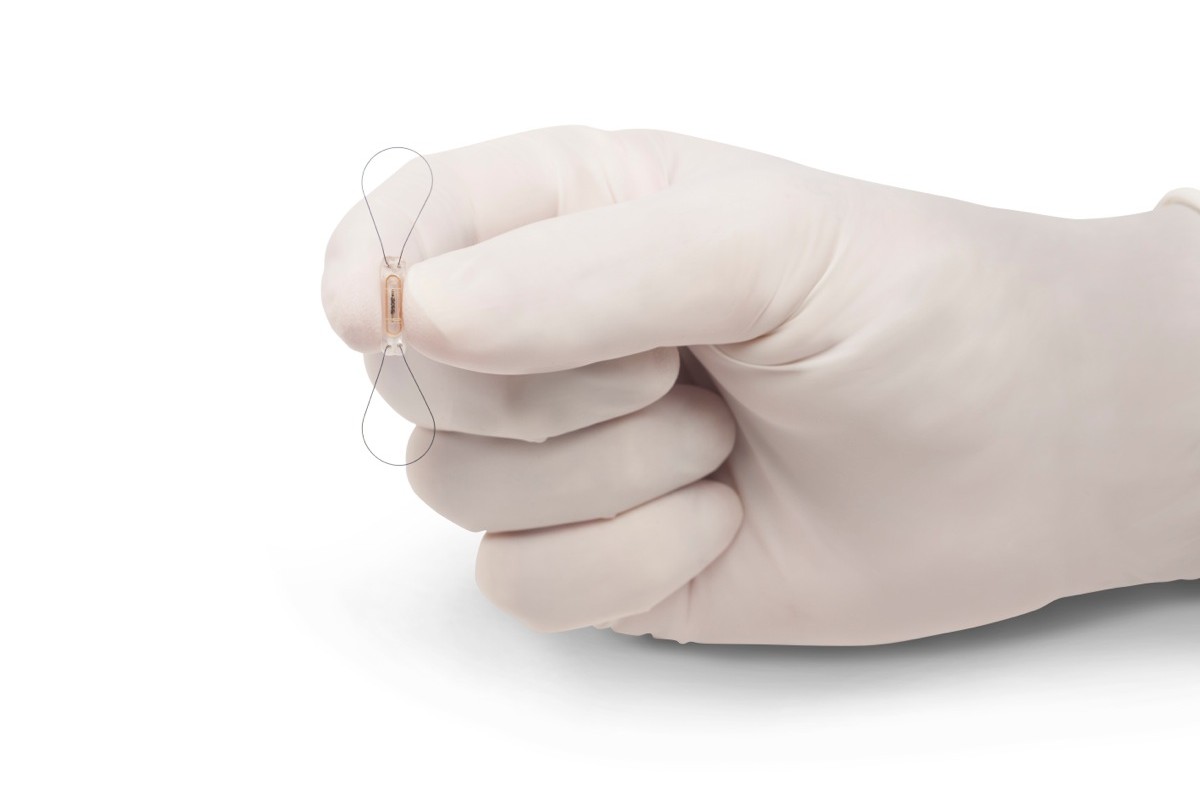Dr Henrietta Hughes published her report on 7 February 2024, setting out her proposal for financial and non-financial redress for families harmed by these treatments.
Valproate is a commonly prescribed epilepsy medication, but it carries risks to unborn babies if taken during pregnancy. These risks were not communicated to women with epilepsy over many years. While stricter rules have been put in place for women and men being prescribed valproate, the decades of poor communication before that have resulted in many families harmed by the medication.
Pelvic mesh, used to support weakened or damaged tissue in the pelvic floor, has led to complications like erosion, pain, and infection for hundreds of women.
The charity said: ‘Families affected by the avoidable harms of sodium valproate are still waiting for meaningful action. Without dedicated funding, critical research gaps remain - particularly on the risks of anti-seizure medications in pregnancy and paternal exposure.
‘We've requested a meeting to push forward a coordinated, properly funded research strategy to prevent future harm.'
Last month, the Minister for Secondary Care Karin Smyth, said in Parliament: ‘The Government are carefully considering the work of the Patient Safety Commissioner and her report, which sets out the options for redress.
‘This is a complex issue involving input from different Government departments. We will provide a further update on the commissioner's report soon.'
Meanwhile, a Fetal Exposure to Medicines Service is being piloted at Saint Mary's Hospital in Manchester and Newcastle Hospitals NHS Foundation Trust. The service, funded by NHS England, will run until March 2026. Children or adults living in the north of England who have problems that could be because of exposure to epilepsy medicines in the womb can be referred to the service by their doctor.



